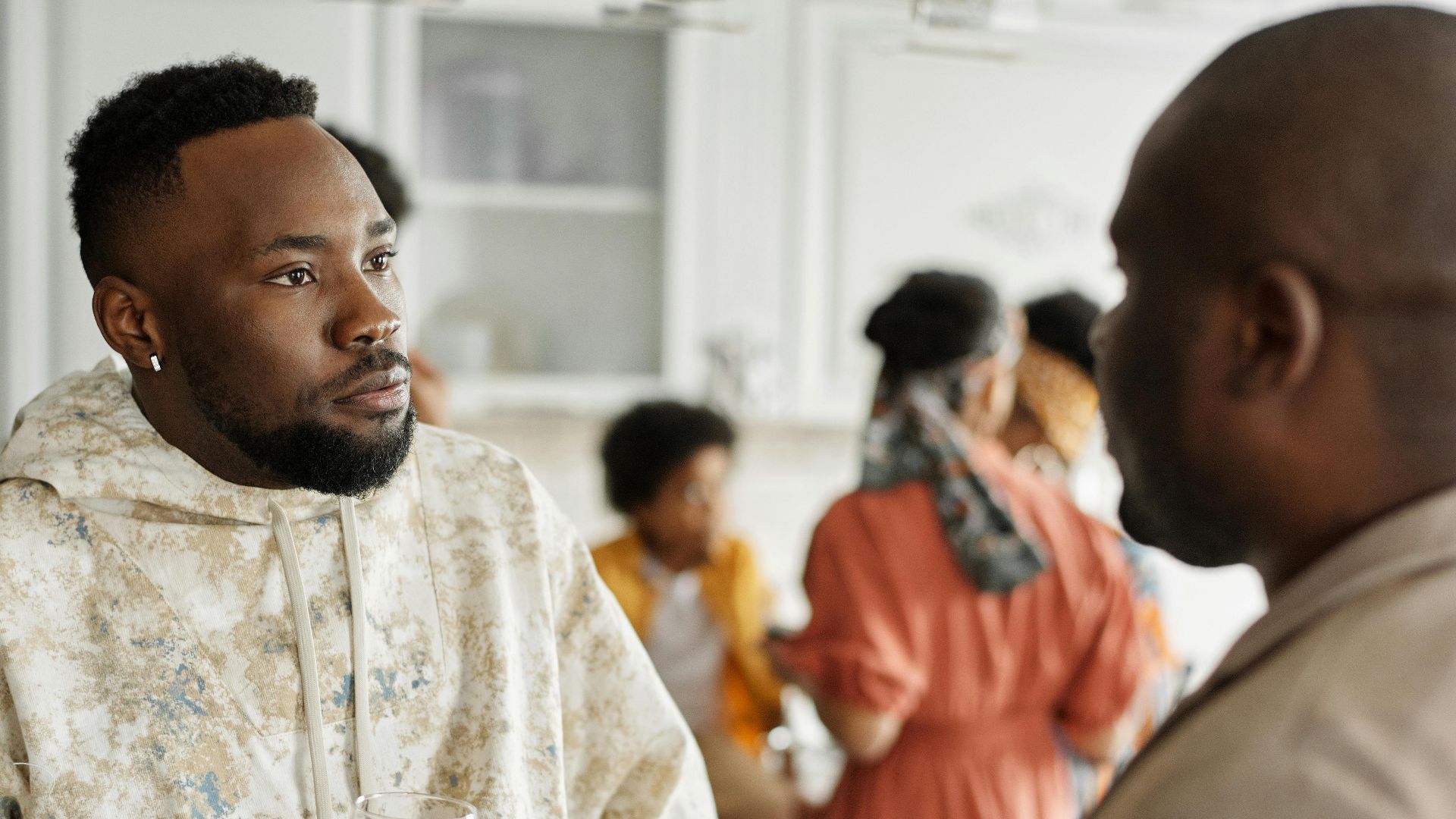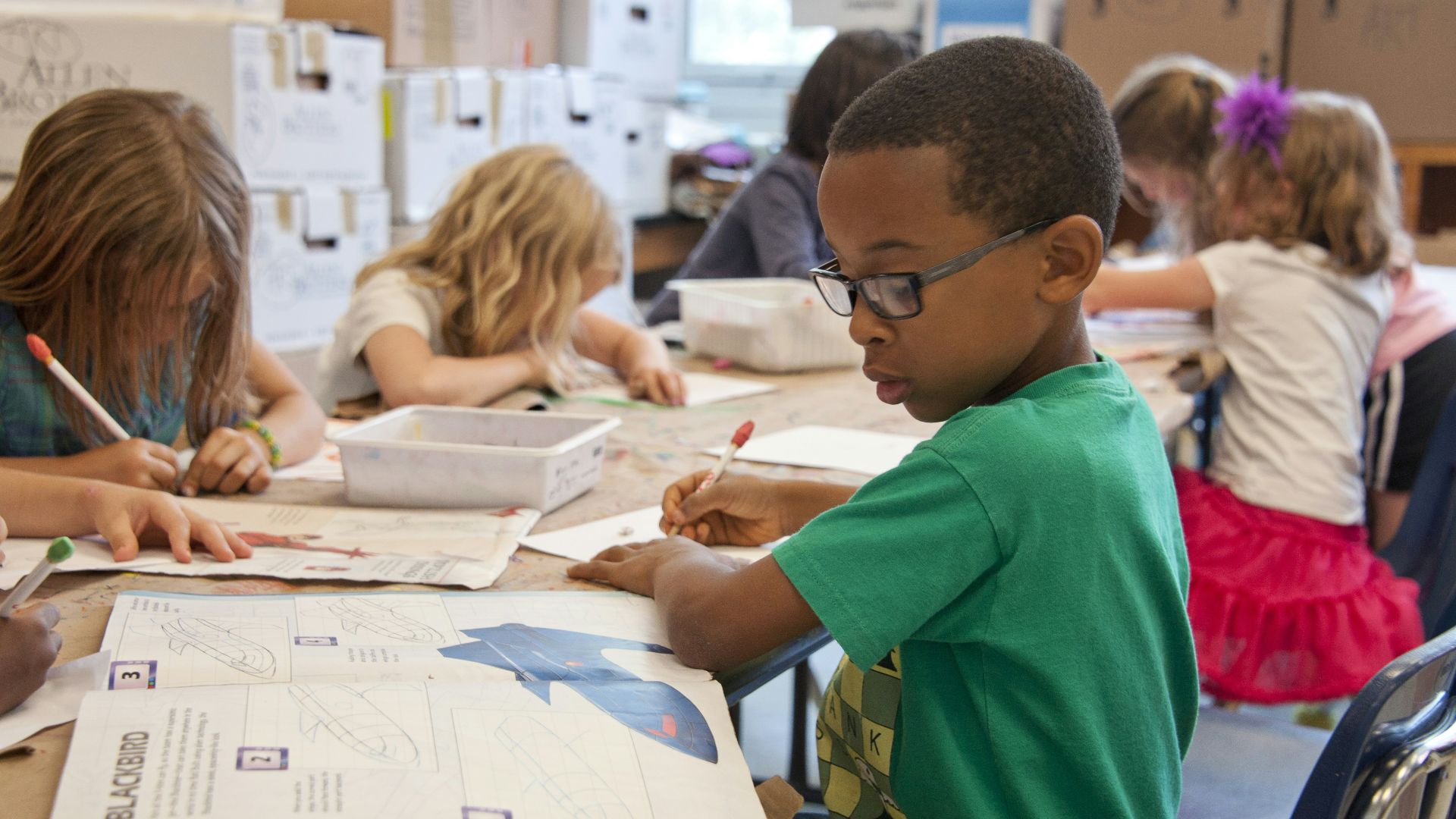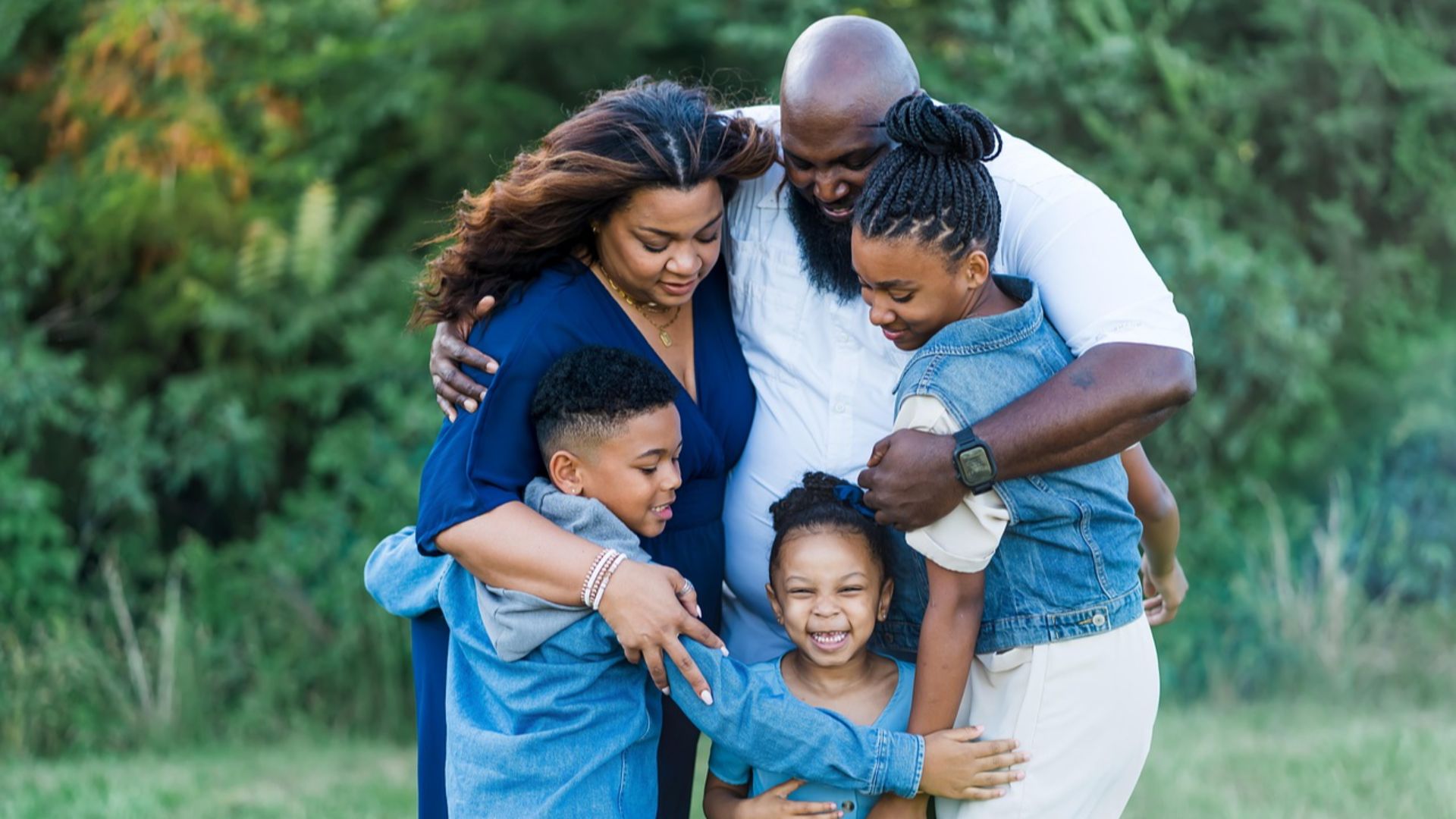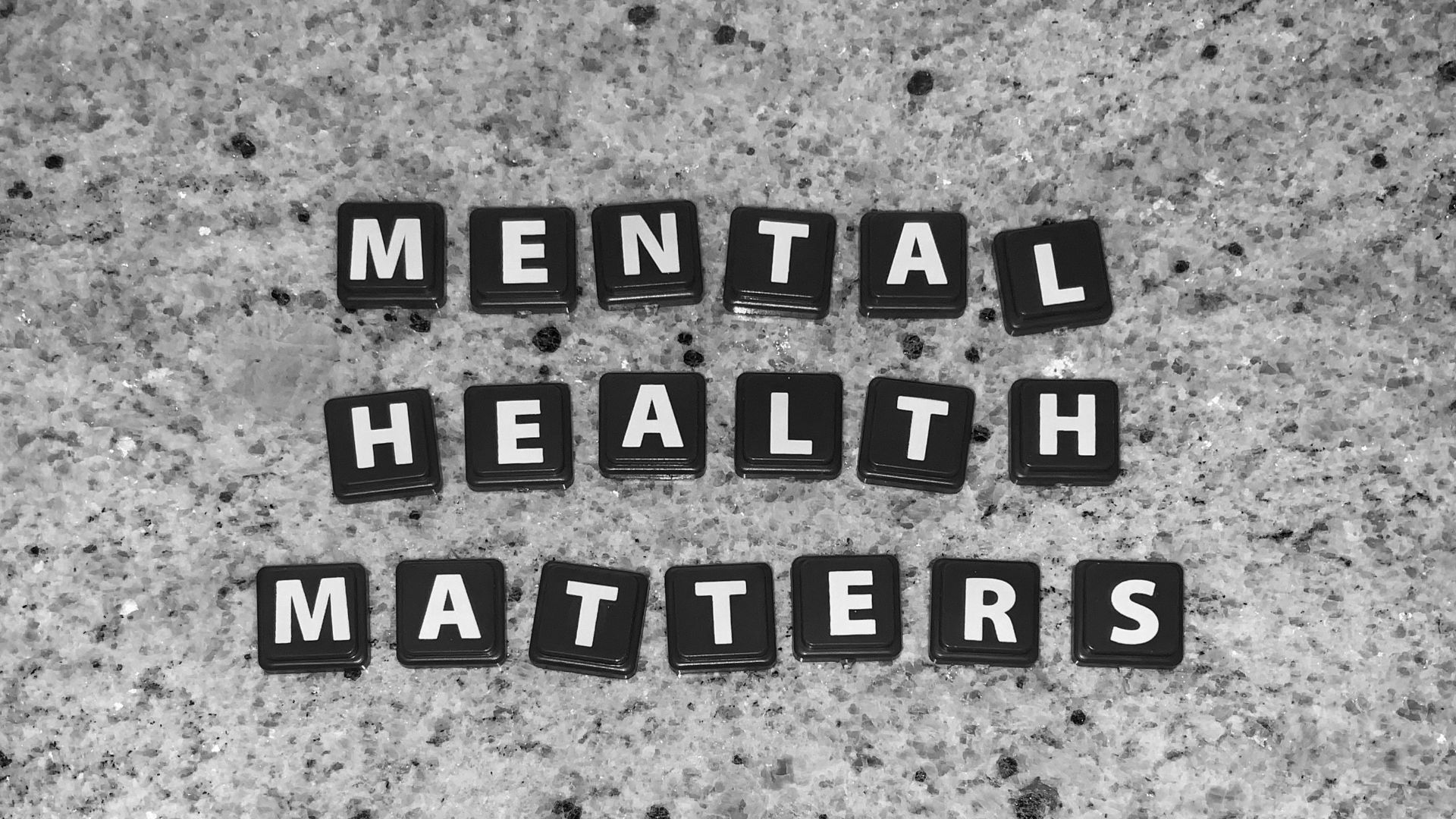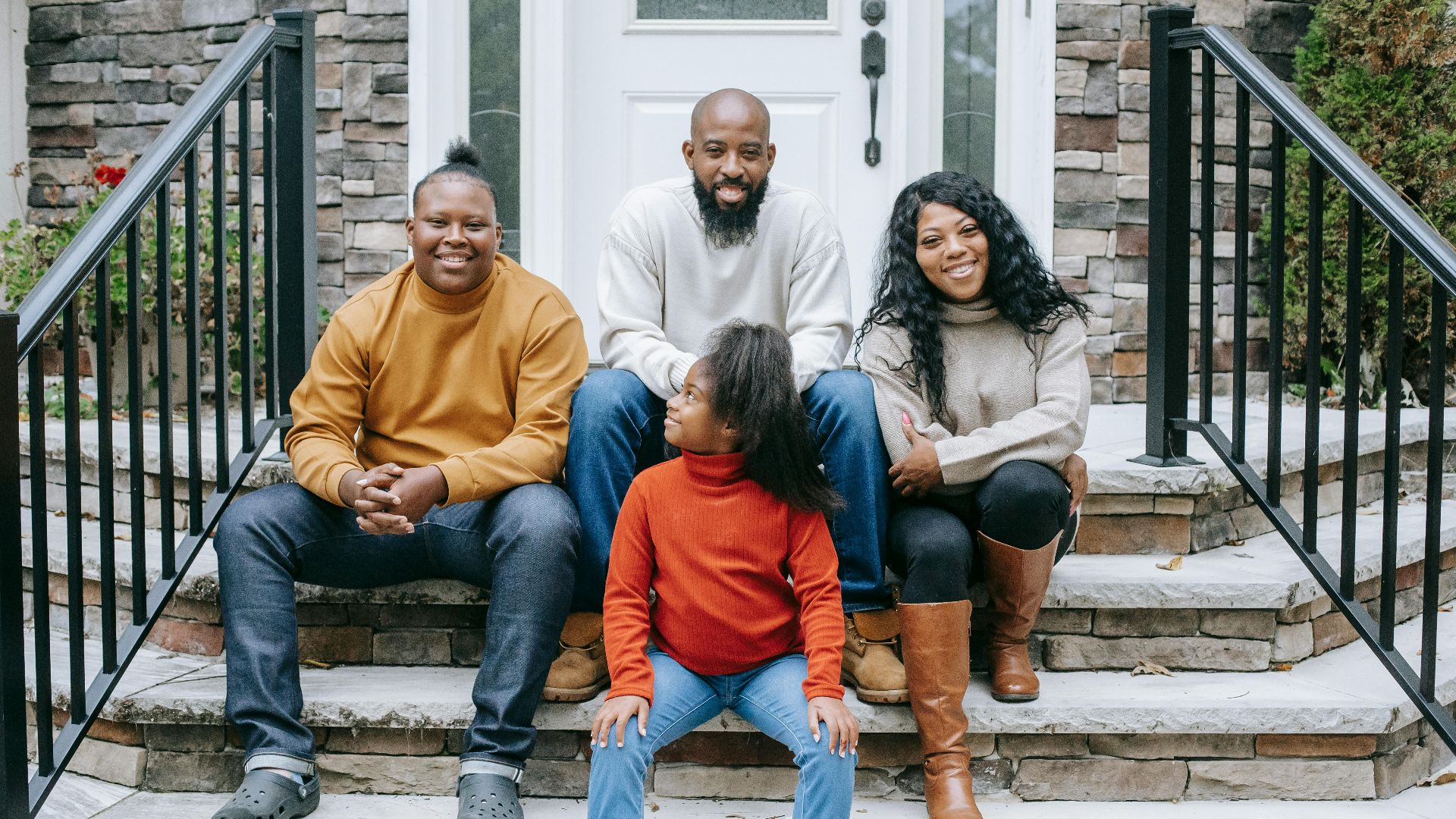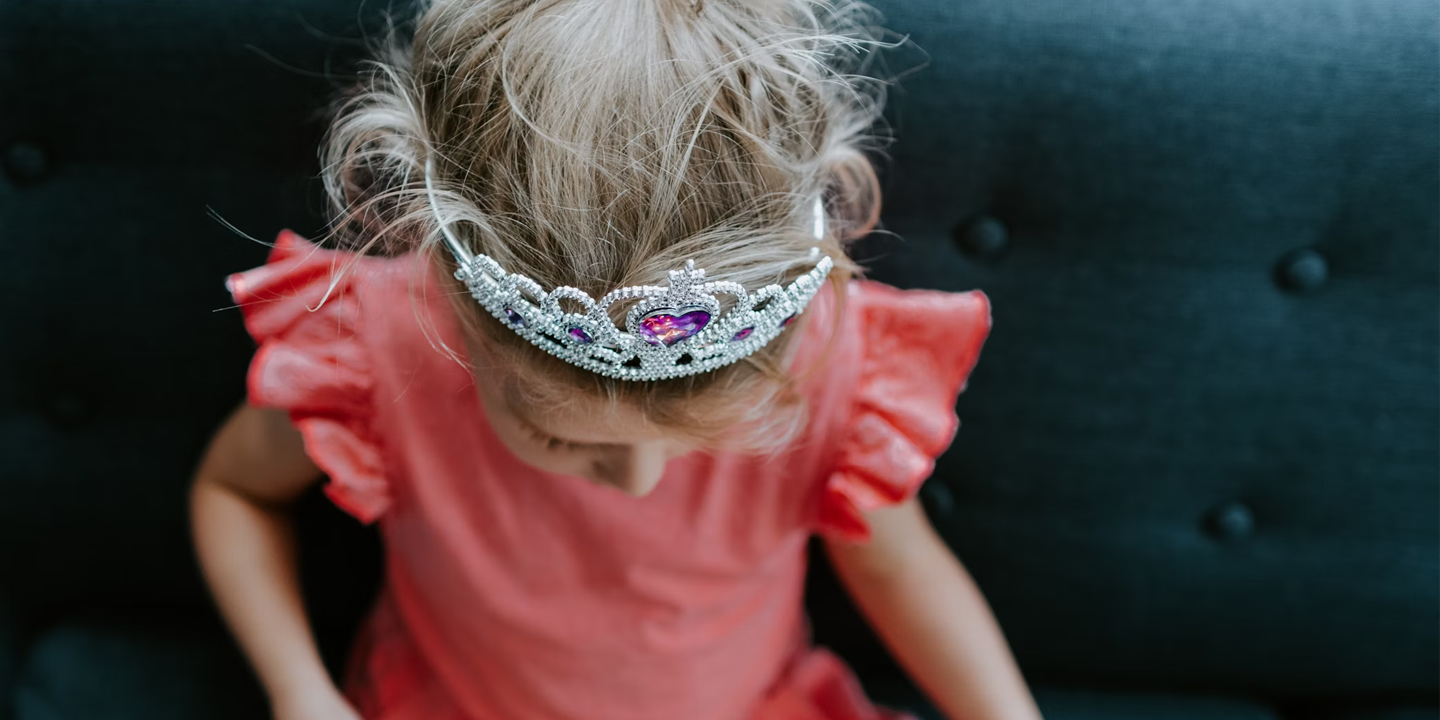The Birds And The Bees: 20 Difficult Conversations Parents Have With Their Kids
Parenting Isn't All Easy
Whether you're an experienced parent with kids already leaving the nest or someone who's about to be a first-time parent, there may be a few difficult conversations you will have (or have had) with your children. As the adult figure, it's important to approach these discussions calmly, with an open mind, and a game plan set. After all, kids look up to you, so you have to do your job to guide them on the right path. Here are 20 examples of hard but necessary conversations parents need to have with their children.
1. The Birds and the Bees
Depending on the parent's comfortability levels, talking about the birds and the bees with their kids can be an awkward conversation you're dreading. Parents know how important it is to address it, but finding the easiest way to explain the topic might prove to be more difficult than initially imagined. After all, making sure kids take away the key, important messages and lessons needs to be done skillfully!
2. Puberty
Kids go through a lot of changes as they start getting older and it's important for parents to make sure they know what's happening to their bodies and their emotions. Everyone goes through puberty, but it can still be a weird and strange concept for kids to wrap their head around.
All parents need to do is make sure they feel supported and understand they're not alone in this transformation.
3. Grief & Loss
Experiencing loss is hard no matter how old you are. The only difference is, if you're a child, you may not be able to fully understand these deep and painful emotions. That's why it's crucial that parents be there for their children and walk them through the stages of grief, what it means to lose someone, how to find support, and how to cope. No one wants to address that loss is always possible, but it's important children feel equipped to deal with it should it ever happen.
4. School Grades
When kids start underperforming at school or get called out by teachers for their poor work ethic or behavior, that's when parents need to step in. It can be hard for children to understand the importance of school while they're in it, so that's why parents need to make it clear. You don't have to be the best, but you should still try!
5. Future Careers
Figuring out your future, whether it be what college to go to, what to study, or what field to work in, can be incredibly hard if you have to do it alone.
Kids need a parental figure to talk to, someone who can be understanding but also push them towards the right direction. It's a crucial step in any child's life, and knowing you have the guidance and support behind you is everything.
6. Rebellious Behavior
Not all teens go through a rebellious phase, but for those that do, it can be hard to accept for parents. It can become very worrisome trying to figure out the best way to get through to them, and for many moms and dads, it comes with a lot of stress thinking your child may be putting themselves in danger. When it comes to that point, it's time to sit down and have an honest heart to heart about concerns.
7. Screentime
In today's online world, excessive use of phones, computers, TV, and any digital device is becoming more and more prevalent. For kids who should be busy studying, doing homework, or being productive, these distractions are more damaging than they may realize. So for parents who see too much screentime hindering their child's growth, it's time to talk.
8. Bullying
Not all kids are open to their parents about being bullied in school, so it's up to their moms and dads to catch the cues.
If a parent feels at all worried about their child being potentially bullied, they need to do something. It might be an uncomfortable talk or it might even be a wrong suspicion, but it's always better to be safe than sorry. After all, if it is happening, you need to let you child know they're safe and supported.
9. Being In A Relationship
As kids grow older and become adults, it's only natural that they begin developing crushes and even start relationships. While it's still just innocent young love, it's important for parents to teach their kids at an early age how to treat others with respect and how to love yourself first.
10. Big Life Changes
From moving houses to switching schools, there are a lot of ways a child's life may be affected by their parents decisions. Experiencing big changes as a kid can be very nerve-wracking and uncomfortable, so it's up to the parents to sit them down and carefully explain the reasons and that they'll do whatever it takes to help them adjust. Kids need to know they're not alone in this.
11. Substance Use
Kids aren't innocent forever, and as they grow up and meet new people at school, they may be exposed to many dangerous things. Whether it's alcohol or drugs, parents can't just rely on teachers to get the message straight - it needs to come from them too!
Teach kids about the dangers of usage, making it clear why they need to stay away.
12. Social Justice Issues
Children will grow to become more attuned with what's going on in the world as they learn in school and hear more about the news. A lot of what happens can be incredibly overwhelming, so it may be worth for parents to have a deep and honest discussion about social justice issues and whether or not their kids feel affected by it.
13. Financial Discussions
If a family is struggling to make ends meet, it's crucial that the parents let their children know and don't leave them in the dark. Because the more it piles on, the more likely they'll struggle to hide this huge secret. It's much better letting everyone involved know early on so that it can be dealt with as a team. It also teaches kids about the importance of financial responsibility and how to handle hard situations.
14. Sexuality
One of the most challenging conversations for both kids and parents to have is one about sexuality. Because it's been presented in media as difficult, that's what everyone is led to believe - but it doesn't have to be! The most important thing to remember is that you're a family, and openness, honesty, and understanding should always be at the forefront.
If you lead with these in mind, it'll be much easier to navigate.
15. Mental Health
There often seems to be a misconception that children don't experience poor mental health. Adults tend to believe their depression, anxiety, and stressors aren't "real," carelessly ignoring them or not treating them as seriously as they would for an adult. This way of thinking is dangerous, harmful, and needs to be changed. All parents should sit down with their children and carefully explain the value of self-care and getting help when needed.
16. Becoming More Independent
Thinking about getting your child to pay for their own phone bill or want them to do more around the house? They're not going to take parents seriously unless they have a formal talk with them. It's easy for children to feel spoiled and cared for when their parents do most of the heavy lifting when they're young, but as they grow older, they need to be taught independence and how to do their part.
17. Divorce
Arguably the biggest life change that any family can experience, for parents going through a divorce, you better be prepared with a plan before you tell your children. Completing altering the family dynamic, this is no easy conversation to have with kids.
It's going to lead to tears, anger, frustration, and likely a lot of confusion as everyone approaches this big new change.
18. Step Parents
And for parents that have gone through divorce, introducing their children to their new partner can be an awkward and uncomfortable situation. It's a stressful time filled with worry and anxiety, but also deep hope that everyone can get along. It should never be left until the moment of introduction, there needs to be a talk done beforehand to prepare the children.
19. Illnesses
Whether it's something minor or something major like cancer, families need to be open and honest about what's going on with their well-being. It's a tough conversation to have, one that will be highly emotional, but it needs to be done so everyone can plan the next course of action and be prepared for what needs to be done.
20. Tragedies
The world can be a dark place at times filled with many tragedies, and when they happen, it's better to address the issues with children instead of hiding it. Parents need to take on the responsible role of discussing these terrible events, letting their kids know it's not something to ignore and why it's so important to be a good, caring person.



